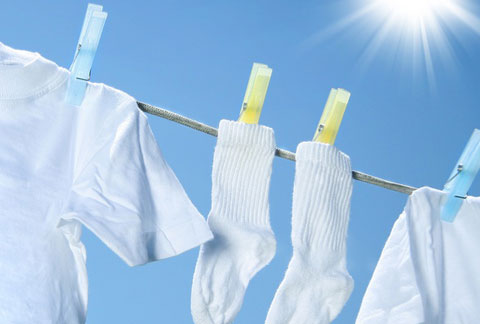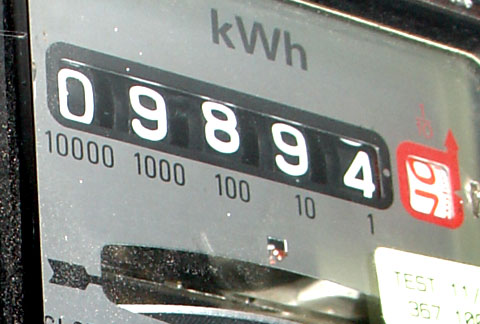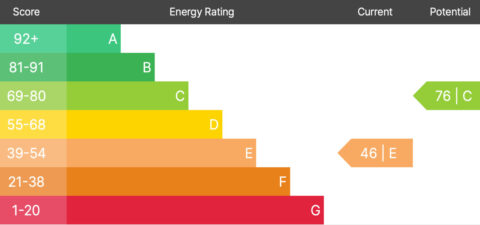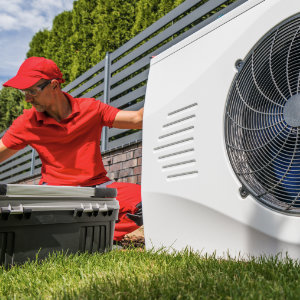I’m always nervous when a low-energy light bulb blows. You wouldn’t think this happens very often given their supposed lifespan, but it does, and I have a boxful waiting to be recycled. Why should I be nervous? Well, low-energy light bulbs contain a small amount of mercury giving them their energy-saving properties. So I worry that one will break. And, whilst this may not be harmful on its own, if large quantities of these bulbs end up going to landfill they could be damaging to the environment.
But research by the Lighting Industry Federation, the recycling scheme Recolight and others, showed that I am quite alone in my concern with 8 out of 10 consumers unaware that low-energy light bulbs MUST be recycled
Only 18 per cent of those surveyed were aware that low-energy light bulbs need to be recycled through specialised recycling facilities. Alarmingly, when asked what they thought they would do when their old low-energy light bulbs reached end-of-life, 69 per cent said they would throw them away in the normal household rubbish.
And with the research showing that there are approximately 133 million low-energy light bulbs currently in use in homes across the UK. That could add up to a lot of mercury. As Recolight Chief Executive Nigel Harvey explains; “In the next three to five years we expect large quantities of low-energy light bulbs to start reaching end-of-life. It is essential that we raise awareness now of the importance of recycling these bulbs so that they don’t end up in landfill.
“We are working with retailers and local authorities to provide more facilities for consumers to recycle their old bulbs, therefore making it easier for people to do so and helping to raise awareness of the issue. We have also set up a community recycling initiative to enable recycling champions to set up recycling facilities in convenient community locations, using our specially designed collection container.”
So to help promote the need to recycle A colourful animation created by Sam Duggan, illustrating how people can help increase recycling rates of low-energy light bulbs in their community by becoming a CoBRA volunteer.
CoBRA was set up to create volunteer ‘recycling champions’ up and down the country who help take responsibility for collecting used low-energy light bulbs for recycling in their local area. These ‘Champions’ take on responsibility for collecting the used light bulbs in specially designed collection containers which can be placed in community locations of their choice. The waste light bulbs will then be taken to a central collection facility by the volunteers, ready for collection and lead to responsible recycling. So think twice before you chuck the next bulb to blow in the bin.
 ‘Jack of all trades master of none’ certainly applies to wash dryers, these clever appliances that can do all your washing and drying in one go, sound great don’t they? The only problem is they’ve got an incredible thirst and consume copious amounts of electricity! Compared to a separate washing machine and tumble dryer. The most energy efficient washer dryer model in our energy saving database would cost you £113.19 to run (including water) compare that to £57.76 for separate tumble dryer and washing machine and you’re saving £55.43 a year.
‘Jack of all trades master of none’ certainly applies to wash dryers, these clever appliances that can do all your washing and drying in one go, sound great don’t they? The only problem is they’ve got an incredible thirst and consume copious amounts of electricity! Compared to a separate washing machine and tumble dryer. The most energy efficient washer dryer model in our energy saving database would cost you £113.19 to run (including water) compare that to £57.76 for separate tumble dryer and washing machine and you’re saving £55.43 a year.












